- ABSTRACT SUBMISSION: April 28, 2026
- ACCEPTANCE NOTIFICATION: May 28, 2026
- EARLY BIRD REGISTRATION: June, 15, 2026
- EXTENDED ABSTRACT SUBMISSION: August 28, 2026
Registration
Templates Files
Send Your Abstract
Advancing Health, Climate and Energy
About the Conference
The Air Pollution Conference Brazil – Joint with the 6th CMAS South America is an international event dedicated to critical discussions on air quality, health, and climate/energy. The conference will feature technical sessions, workshops, and roundtables, bringing together researchers, professionals, policymakers, and students to share experiences and innovations.
This event provides a unique opportunity for technical and scientific updates, international networking, and interdisciplinary exchange of experiences, fostering innovative solutions for global challenges related to air pollution, health, and energy sustainability
Call For Paper
The Air Pollution Conference Brazil and 6th CMAS South America is intended for researchers and professionals from industry, public and academic sectors from all around the world and everyone who wishes to take part in engineering solutions to maintain and improve the quality of life of populations living in urban and rural areas regarding air pollution nuisance and health impact. Join the conference to discuss current global issues in a real world context
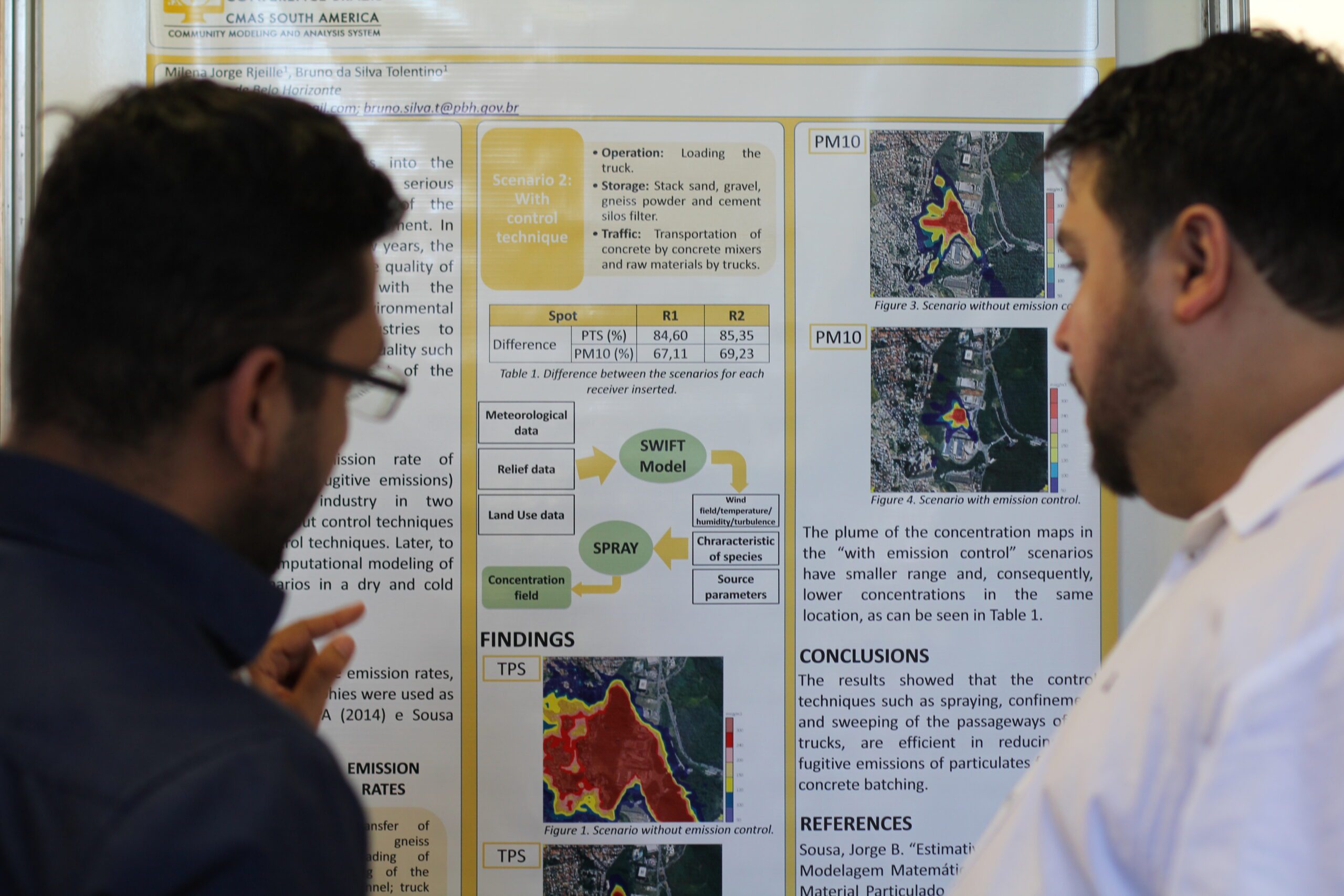
These featured sessions cover a diverse range of Air Pollution and Atmospheric Science as well as overarching societal topics.
Speakers
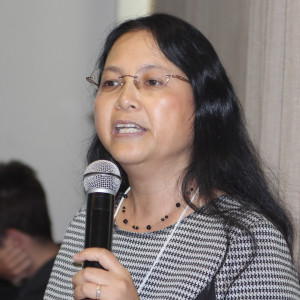
🇺🇸
Yang Zhang
Professor at Northeastern University
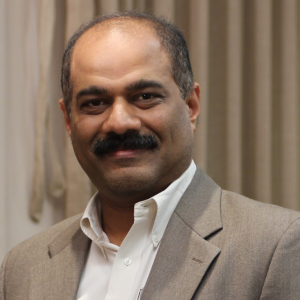
🇺🇸
Sarav Arunachalam
Professor at University of North Carolina

🇺🇸
Bok H. Baek
Professor at George Manson University

🇬🇧
Prashant Kumar
Professor at University of Surrey
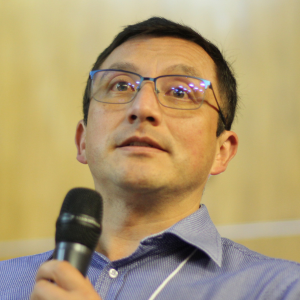
🇨🇴
Néstor Rojas
Professor at National University of Colombia
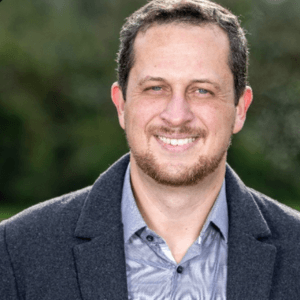
🇬🇧
Erick Sperandio
Professor at University of Surrey
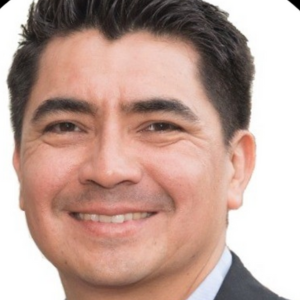
🇨🇴
Boris Galvis
Professor at Universidad del Valle
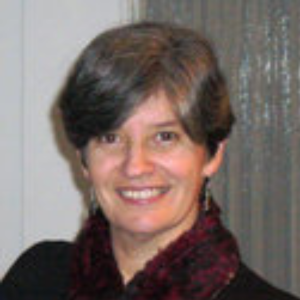
🇲🇽
Graciela Raga
Professor at Universidad Nacional Autónoma de México

🇫🇷
Joel Brito
Professor at Institute Mines Telecom, Douai, França

🇺🇸
Gabriel de Oliveira
Professor at University of South Alabama
Team
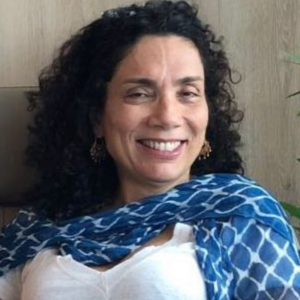
🇧🇷
Jane Meri Santos
Federal University of Espírito Santo
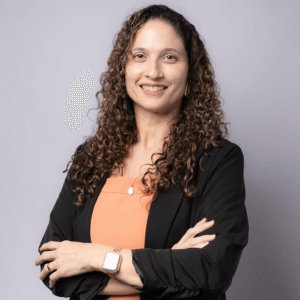
🇧🇷
Taciana Albuquerque
Universidade Federal de Minas Gerais
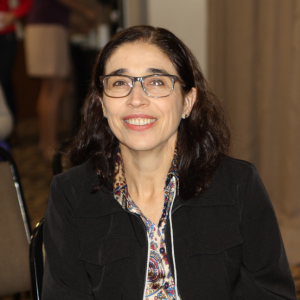
🇧🇷
Maria de Fatima Andrade
University of São Paulo
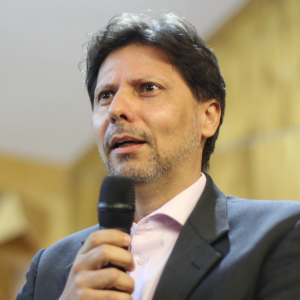
🇧🇷
Neyval Reis
Federal University of Espírito Santo
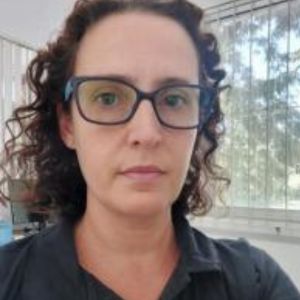
🇧🇷
Elisa Valentim Goulart
Federal University of Espírito Santo
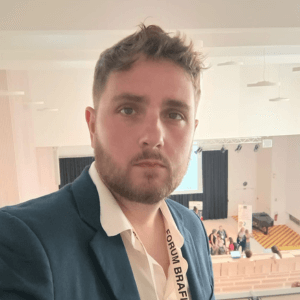
🇧🇷
Bruno Furieri
Federal University of Espírito Santo
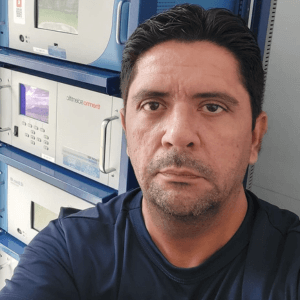
🇧🇷
Elson Silva Galvão
Federal University of Espírito Santo
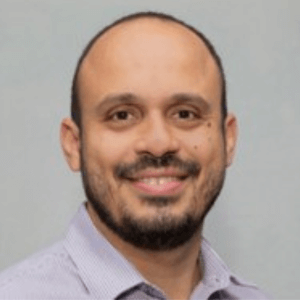
🇧🇷
Rafael Sartim
Federal University of Espírito Santo
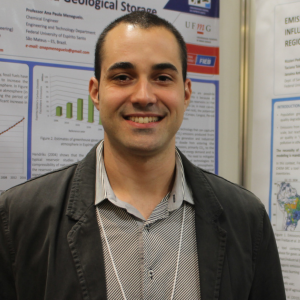
🇧🇷
Rizzieri Pedruzzi
Federal University of Rio de Janeiro

🇧🇷
Janaina Antonino
State University of Campinas
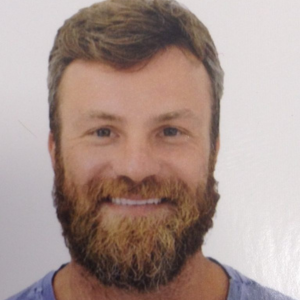
🇧🇷
Leonardo Hoinaski
Federal University of Santa Catarina
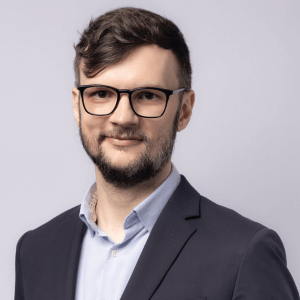
🇧🇷
Anderson Rudke
Federal Center for Technological Education of Minas Gerais
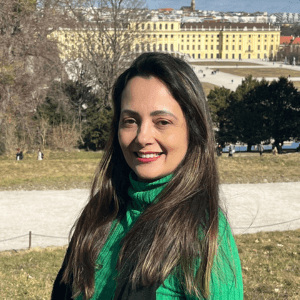
🇧🇷
Milena Machado
Federal Institute of Science and Technology of Espírito Santo
The conference will include platform and poster sessions in the following areas
Conference Sessions
Session 01 - Air Quality, Climate and Energy
The energy system is currently responsible for the majority of U.S. emissions of criteria air pollutants, greenhouse gases, and short-lived climate forcing pollutants. Understanding how the energy system may evolve in the future and the resulting implications on the environment is critical if environmental decision-makers are to address these challenges proactively and efficiently. The goal of this session is to highlight research efforts involved in exploring the linkages among air quality, climate and energy, with focus on supporting decision-making at federal, state or local levels. Among the topics that are appropriate for inclusion are:
- Scenario approaches for examining energy system futures, including exploring linkages between population growth, economic growth, land use change, climate change, technology change (in including cleantech), policy and energy
- Impact of the future energy system on sustainability and vulnerability metrics
- Translating energy system modeling into climate and air quality impacts
- Identifying interactions between strategies for climate mitigation and air quality management, including quantification of co-benefits and holistic management strategies that simultaneously meet both goals
- Models, tools and methodologies for assessing air, climate and energy linkages
Session 02 - Air Pollution Control
Air Pollution Control is an important area for the air pollution issue aiming to reduce or eliminate the emission into the atmosphere of substances that can affect the air quality. The performance of the techniques used to control the emissions must be effective in order to achieve the legal limitations imposed by the country or states government for the protection of the environment and public health. Therefore, with the increase of the restrictions of emission, the Research for efficiency improvements of these techniques is a very important subject. Also it is crucial to develop technologies with low Capital and Operational costs. This session is about the studies dedicated to the Air Pollution Control innovative techniques to control the emissions of particulate and gases. This session topics include:
- Particulate Control
- SOx Control
- NOx Control
- Acid Gas Control
- Dioxin and Furan Control
- Mercury Control
- VOC Control
Session 03 - Emerging trends and innovations in air pollution research
Air pollution remains a significant threat to both public health and the environment. Rapid industrialization, urbanization, and increased transportation have intensified this issue, demanding innovative solutions to mitigate its adverse effects. During this session, we will delve into the emerging trends and explore pioneering research that addresses air pollution at various scales, ranging from local to global. On this session you will explore the latest advancements and cutting-edge research in the field of air pollution. This session aims to bring together scientists, researchers, policymakers, and industry experts to share their knowledge, experiences, and insights into tackling one of the most pressing global environmental challenges.
Session 04 - Emissions Inventories, Models, and Processes
This session is dedicated to the application of innovative methodologies for preparing and processing emissions for air quality modeling applications. Techniques to improve estimates of wild fires, dust and biogenic emissions, and temporal allocation of anthropogenic sources are of special interest for this session. Session topics include:
- Updates to inventories and emissions processing
- Emissions from alternative fuel use (e.g., bio-fuels in the transportation sector)
- Emissions from aviation activities
- Projection of emissions to future-year scenarios
- Inverse modeling
Session 05 - Environmental Odours
Most of the research on atmospheric dispersion is concerned with the examination of mean concentrations over a given time, typically minutes or hours in length. However, many studies have shown that the mean concentration field alone is not sufficient for estimating the potential hazards from pollutant releases in the atmosphere, for example in the case of flammability, malodour nuisance and, often, toxicity. Odour is an increasingly sensitive issue and complaints of odour nuisance emitted by domestic and industrial wastewater treatment plants. The problems associated with malodour nuisance occur with sufficient frequency and severity to warrant regulatory intervention. It is therefore important to develop, validate and use appropriate dispersion modelling approaches in order to investigate odour dispersion and provide regulatory authorities with relevant information.
- Odour perception and odour impact
- Odour regulation and policy
- Odour formation and emission
- Odour dispersion modelling
Session 06 - Indoor air quality and its implications
Indoor air pollution poses a threat to human health, causing millions of deaths every year. The COVID-19 pandemic underscored the critical role of ventilation in mitigating the transmission of respiratory disease and highlighted the importance of improving indoor air quality. Worldwide, around 2.4 billion people still cook using polluted fuels such as solid fuels and kerosene. Each year, 3.2 million people die prematurely from illnesses attributable to household air pollution caused by the incomplete combustion of solid fuels and kerosene used for cooking. Session topics include: • Monitoring of indoor air quality • Air cleaning, ventilation and filtration • COVID-19 and Viral Transmission • Health Outcomes and Exposure Assessment • Indoor microbiological exposure • Thermal Comfort • Indoor air Policy, Regulation and Standards
Session 07 - Machine Learning and Reduced Form Models Developments and Applications
Typically, a limited number of specific simulations using chemical transport models (CTMs) or Gaussian plume models are used to derive relationships between emissions from particular sources and a response variable (pollutant concentration, health impact, etc.) for specific locations. We want to discuss here the potential usages/applications of Machine Learning (ML) and Reduced form models (RFM) that are computationally efficient and allow users to rapidly assess air quality impacts for a large number of emission scenarios, making them especially useful as screening tools for evaluating policy scenarios. There have been many ML and RFM implementations on air quality forecasting in recent years and this session focuses on the development, evaluation, and application of ML and RFMs. Topics include, but are not limited to, the following:
- Developing and evaluating ML and RFMs
- Inter-comparison of ML and RFMs
- Global or regional application of ML and RFMs on air quality, human health, ecosystem or other impacts
Session 08 - Model Development
Work in recent years has vastly improved the science of air quality and methodologies for modeling and analyzing the distribution of air pollutants at various temporal and spatial scales. Such advances were motivated by the results from the multitude of applications and evaluations of air quality models that addressed various research, development and regulatory modeling issues. We seek abstracts that illustrate innovative methodologies and process algorithms in air quality modeling. Session topics include:
- Adjoint models
- Urban-scale and fine scale modeling and applications
- New mechanisms of chemical reactions and processes for air quality modeling
- Production and decay of hazardous air pollutants (HCHO, acetaldehyde, acrolein, nitroPAHs)
- Reaction kinetics and mechanisms for heterogeneous chemistry that affect gas and aerosol compounds, including in-cloud chemistry
- Modeling assimilation techniques
- Dust models
Session 09 - Modeling to Support Exposure and Health Studies and Community-scale Applications
The purpose of this session is to present modeling approaches for various applications ranging from exposure assessments in support of health studies to near-source assessments such as near-roadway studies or community-scale applications. A variety of models can provide these detailed, spatially-, and temporally-resolved concentrations in support of environmental health studies. Models also provide an opportunity to examine how changes in emissions affect near-road air quality or other near-to-source impacts. Local governments and community groups may be interested in what if scenarios such as how to optimize traffic patterns around heavily polluted areas. For example, when schools are located near roadways, models can help to examine potential impacts on children’s health or the relative contribution of school-related exposure compared to, or combined with, home-related exposure. The topics for this session will involve development, evaluation and application of models with the following focal areas:
- Air quality modeling for exposure assessments in support of environmental health studies
- Dispersion model development for applications with near-source complexities
- Evaluation and inter-comparison of models for near roadway applications
- Decision support tools to quantify risk of human exposure
- Air quality applications focused on inequitable pollution exposures in different communities
Session 10 - Multiscale Model Applications and Evaluations
Both observations and modeling studies have demonstrated the long-range inter-continental transport of pollutants. Changes in emission patterns over different regions of the world are likely to exacerbate the impacts of long-range pollutant transport on background pollutant levels in another region, which may then impact the attainment of local air quality standards. Additionally, increased concerns of climate impacts on regional and local ecosystem disciplines have driven the need to utilize outputs from global models into regional modeling systems with different temporal and spatial scales. In such applications, downscaling approaches have been used to link the two modeling systems, with different physical and dynamical characteristics, to bridge the gap between global and local effects. This session seeks papers that discuss key issues related to the consistent coupling of atmospheric physical and chemical processes on local-to-global scales and related modeling applications. Topics of interest in this session include:
- Hemispheric chemistry transport models
- Multi-scale climate and air quality modeling applications
- Earth System Modeling and Feedbacks
- Dynamical and statistical downscaling
- Model evaluation and inter-comparison
Also, evaluation of air quality modeling systems (including meteorological and emissions models) is a key to verify the integrity of such modeling systems for various applications at various spatial and temporal resolutions. Abstracts are invited that present results of model evaluation studies, with emphasis on new techniques for model evaluation. Session topics include:
- Diagnostic tools
- Analyses and comparisons with data from measurement networks
- Process evaluation, including dynamic evaluation
- Sensitivity of air quality models to meteorological inputs
Session 11 - Particulate matter and its effects on human health and the environment
Particulate matter (PM) plays an important role in the chemistry and physics of the atmosphere, as well as climate and public health. Atmospheric particulate matter affects the biogeochemistry of ecosystems, the hydrological cycle, atmospheric circulation, rainfall acidification, and also cloud formation. In addition, exposure to aerosols can lead to both respiratory and cardiovascular diseases, furthermore, it also presents genotoxic effects. These effects depend on factors such as the size, concentration, structure, and chemical composition of the particles. Session topics include: • Effects of PM on radiative forcing • Monitoring and modeling of Black Carbon • Air quality and respiratory health • Measuring PM-bound potentially toxic species • Oxidative potential of PM • Cytotoxicity of PM • Bioassays
Session 12 - Policy and regulatory frameworks for air pollution control
Air pollution poses significant challenges to public health, the environment, and overall quality of life. To address these concerns, governments around the world have developed policy and regulatory frameworks aimed at controlling and reducing air pollution. These frameworks are essential in guiding actions to mitigate the adverse effects of air pollution and ensure cleaner, healthier air for present and future generations. Some components are key to control air pollution: emissions standards, monitoring and data collection, air quality standards, technology and innovation, public awareness and finally Equity and Environmental Justice. In recent years, there has been a growing recognition of the urgent need to combat air pollution and its associated health and environmental consequences. Consequently, many countries are strengthening their policy and regulatory frameworks to achieve cleaner and healthier air for their citizens. The effectiveness of these frameworks ultimately depends on their enforcement, public support, and the commitment of governments and industries to prioritize air quality. By implementing comprehensive and forward-thinking policies, societies can reduce the impact of air pollution and create a more sustainable and healthy future.
Session 13 - Remote Sensing/Sensor Technology and Measurements Studies
Papers in this session are devoted to analyzing data from both conventional and remote-sensing observational platforms. In particular, presentations are invited on the integration of data collected from different platforms, and on the use of new satellite data products in air quality modeling. Session topics include:
- Satellite processing products and its use
- Monitoring air pollution and meteorology
- Field measurement studies
- Laboratory smog chamber experiments
- Aerosol detection and sampling
In addition, new sensor technologies, due to their characteristics (e.g., low cost, small size, high portability), are becoming increasingly important for individual exposure assessment, especially since this kind of instrument can provide measurements at high spatial and temporal resolution, which is a notable advantage when approaching assessment of exposure to environmental contaminants. This session will provide information about advancements on the developments and use of sensor technology for air quality and health studies. Topics include, but are not limited to, the following:
- Novel air sensor technologies for monitoring air quality and health conditions
- Evaluation and validation of sensor performance
- Application of sensor network on air quality, exposure and health studies
Session 14 - Urban climate processes and Methods
- Boundary layer and urban canopy layer processes
- Surface and subsurface urban processes
- Boundary-layer effects
- Urban air quality
- Pollutant dispersion in the urban canopy layer
- Urban greenhouse gas emissions and uptakes in cities
- Extreme weather and disasters in the urban environment
- Forecasting and impact assessment of extreme weather events in cities
- Influence of cities on precipitations and thunderstorms
- Modelling
- Multi-scale numerical studies of urban environments
- Cities in global- and regional-scale climate models
- Urban canopy parameterizations and models
- Local Climate Zones Applications
- Observations
- New observational techniques to study urban climate
- Field campaigns, sensor and network development
- Urban remote sensing
- Wind tunnel and scale model outdoor experiments
Session 15 - Street Scale Air Quality Modeling
Regional air quality models can not calculate pollutant concentration at street scale. Street air quality modeling requires simulating pollutant concentrations inside the urban canyons. Urban canyons are compartments formed by the street and its flanked buildings. They are expected to have high pollutant concentrations for their closeness to vehicular emissions and for being a space with reduced dispersion. Currently, there are many street-scale air quality models, with different assumptions and formulations, that describe the dynamics and chemistry inside urban canyons. These models usually require street-level emission and urban morphology information. The representation of pollutant concentration at street scale is essential for estimating pollutant exposure to pedestrians, developing urban planning policies, and studying different vehicular fuel-emission scenarios. This session’s topics include: The Model of Urban Network of Intersecting Canyons and Highways (MUNICH) The Street-in-Grid model (SinG)
Session 16 - Contributions of the INCT-CNPq Klimapolis to Understanding Air Quality in Brazil
This session offers a concise overview of the INCT Klimapolis’ main advances in air-quality research in Brazil. It highlights recent progress in pollutant monitoring, low-cost sensor applications, particulate sampling, and modelling studies conducted in major urban areas. The session also presents policy-oriented case studies showing how Klimapolis supports evidence-based air-quality management through scientific–government collaboration.
Registration
Early Registration Professional
R$ 1.100,00
Registration FeeEarly Registration Students
R$ 500,00
Registration FeeLate Registration Professional
R$ 1.300,00
Registration FeeLate Registration Students
R$ 650,00
Registration FeeLocation and Venue
Air Pollution Conference Brazil and 6th CMAS South America 2026
Will be held at Sheraton Vitoria Hotel – Av. Saturnino De Brito Avenue 217 – Praia do Canto, Vitória – ES
Contact Info
Phone:+55 31 3409-1039
Visa Information
The visa is the document granted by Consular Representations of Brazil abroad that allows the entry and residence of foreigners in the national territory, provided the conditions established by law.
To apply for a visa, the foreign citizen national must submit visa application form duly completed, a valid travel document, proof of payment of consular fees (the fees are calculated on the basis of reciprocity , that is, the same value that a Brazilian citizen pays to obtain a visa for the country in question), International Certificate of Immunization, when necessary, and other specific documents for the type of visa requested.
In- Person Training
Receptor Models (CMB e PMF) (Nov 9,2026) (8 am)
Computational Fluid Dynamics (CFD) applied to Industrial Ventilation – (Nov 13,14,2026) (9 am)
Online Training
Community Multiscale Air Quality Model (CMAQ) Model – Online Version (Oct 27, 2026)
Introduction to the Sparse Matrix Operator Kernel Emissions (SMOKE) Model – Online Version (Oct 13, 2026)
Site Visit
Visit to Vale Pelletizing Plant (Nov 13, 2026)
Visit to ArcelorMittal Tubarão (Nov 13, 2026)
We are pleased to announce the Air Pollution Conference Brazil – Joint with the 6th CMAS South America, a reference event for researchers, professionals, and policymakers interested in the modeling, monitoring, and control of air pollution and its interrelations with health, climate, and the environment.
The CMAS (Community Modeling and Analysis System) is a scientific community dedicated to the international development of air quality modeling and analysis, used to evaluate and propose regulations in the areas of environment and health. The CMAS Center was founded by the U.S. Environmental Protection Agency (US EPA) and has been hosted at the Center for Environmental Modeling for Policy Development, Institute for the Environment, University of North Carolina (USA), since 2003.
Every year in the United States, the Annual CMAS Conference takes place, which will celebrate its 25th edition in October 2026. In South America, this conference was first held more than a decade ago, in 2013, in São Paulo, Brazil, with an audience of approximately 100 people. In 2015, the second edition took place in Bucaramanga, Colombia. The third edition occurred in 2017 in Vitória, Espírito Santo, with around 200 participants, demonstrating that the South American community—especially Brazil—is organizing to participate in this unique Brazilian event dedicated to air pollution.
Starting with the fourth event, the novelty was the joint organization with the Air Pollution Conference Brazil. The fourth edition was held in Belo Horizonte, Minas Gerais, with approximately 250 participants. Finally, the fifth edition took place again in São Paulo, with an audience of about 300 people.
This time, the Air Pollution Conference Brazil – Joint with the 6th CMAS South America will return to the city of Vitória, bringing all the dynamism and successful experiences gained over the past years.
Interested in becoming a sponsor? Get in touch
Sponsors & Partners
The Air Pollution Conference Brazil is a unique opportunity to showcase your brand, products, and services to a highly qualified audience of researchers, professionals, policymakers, and industry leaders.
By becoming a sponsor, your company gains strategic visibility, international networking, and direct engagement with decision-makers, while reinforcing its commitment to innovation, science, and sustainability.
These awesome companies support us
Sponsors
Support
Scientific Committee
- Taciana Toledo de A. Albuquerque (UFMG) (Chair)
- Jane Meri Santos (UFES) (Co-Chair)
- Maria de Fátima Andrade (USP) (Co-Chair)
- Sarav Arunachalam (UNC)
- Yang Zhang (Northeastern University)
- Prashant Kumar (U.SURREY)
- Boris Galvis (UNIVALLE)
- Nestor Rojas (UNAL)
- Edmilson Dias Freitas (USP)
- Pérola de Castro Vasconcellos (USP)
- Rita Y. Ynoue (USP)
- Neyval Costa Reis Junior (UFES)
- Rafael Sartim (UFES)
- Jorge Alberto Martins (UFTPR)
- Leila Droprinchinski Martins (UFTPR)
- Leonardo Hoinaski (UFSC)
- Anderson Rudke (CEFET – MG)
Organizing Committee
- Taciana Toledo de A. Albuquerque (UFMG) (Chair)
- Maria de Fátima Andrade (USP) (Co-Chair)
- Jane Meri Santos (UFES) (Co-Chair)
- Neyval Costa Reis Junior (UFES)
- Elisa Valetim Goulart (UFES)
- Bruno Furieri (UFES)
- Janaina Antonino Pinto (UNICAMP)
- Rizzieri Pedruzzi (UERJ)
- Leonardo Hoinasky (UFSC)
- Anderson Rudke (CEFET – MG)
- João Ernani (SEADFLIX)
- Jéssica Soares (UFMG)

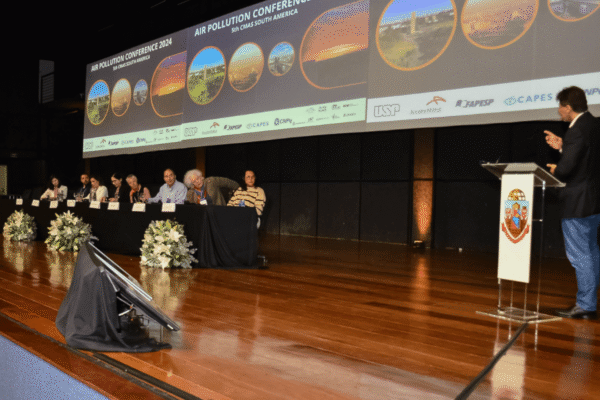
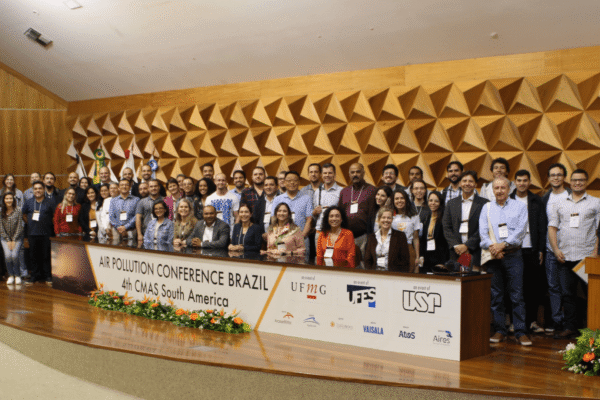
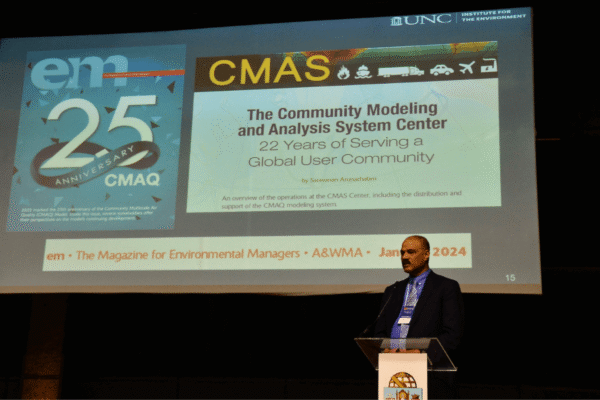
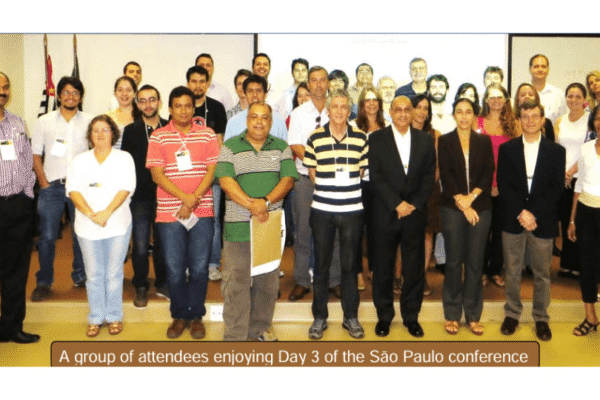
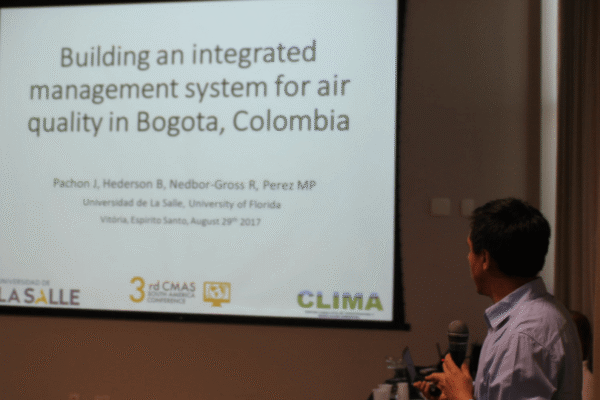
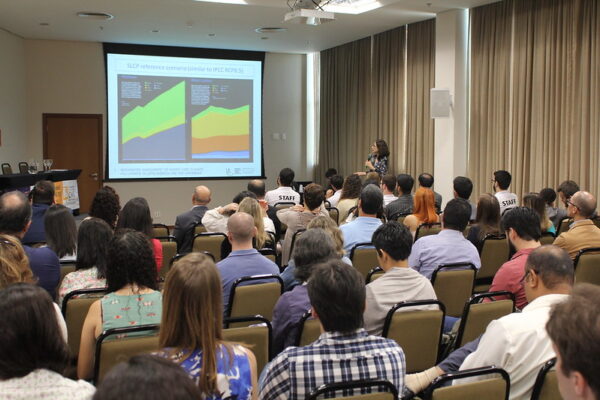
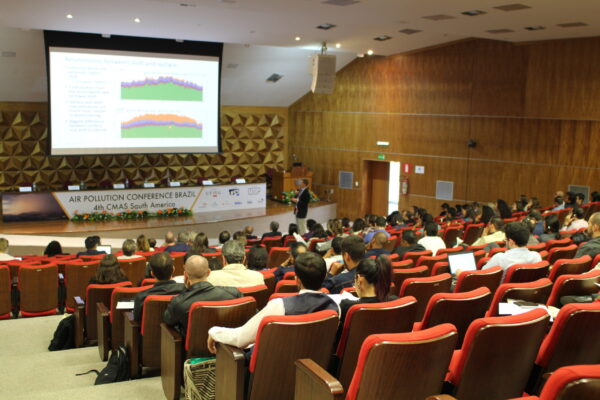
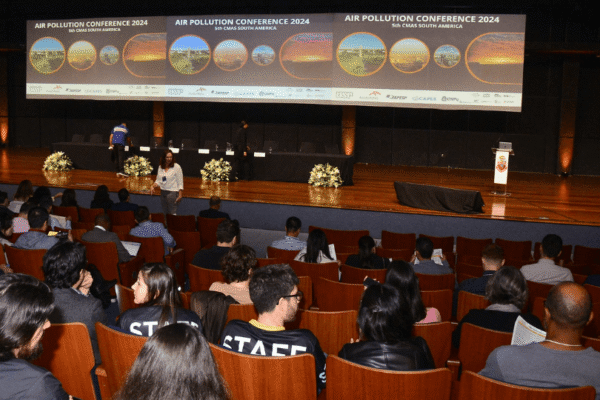




Recent Comments